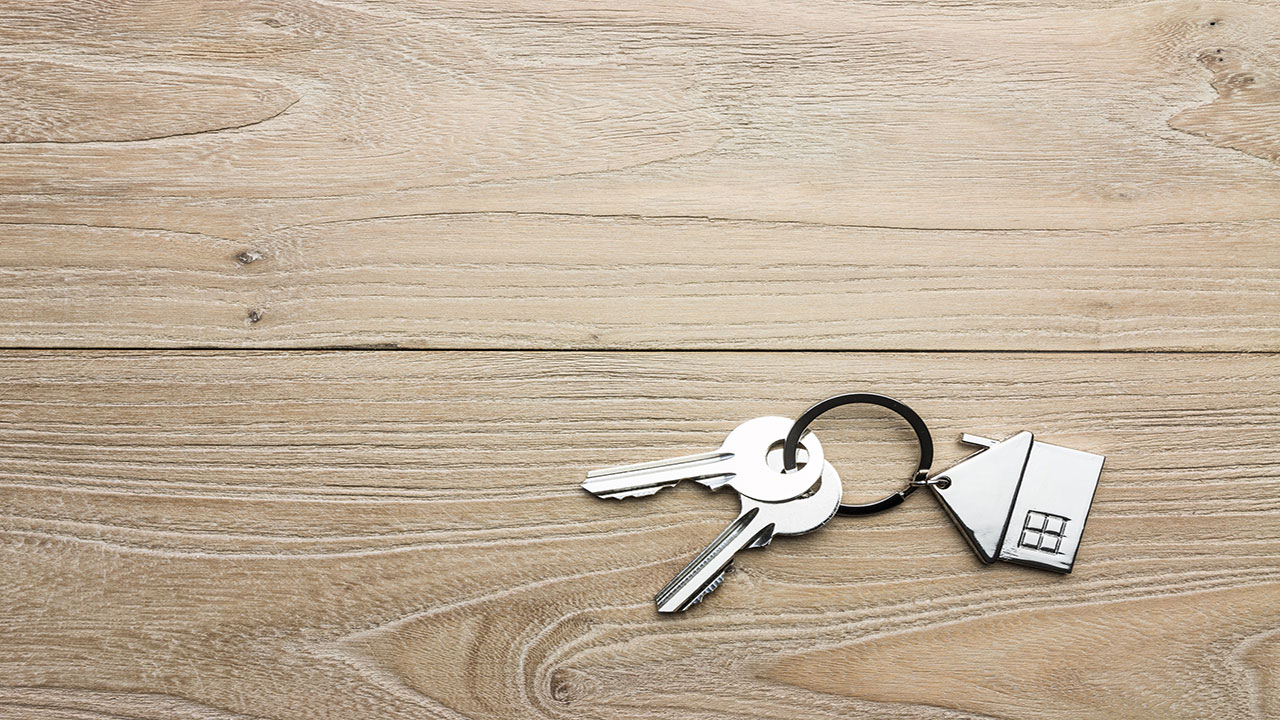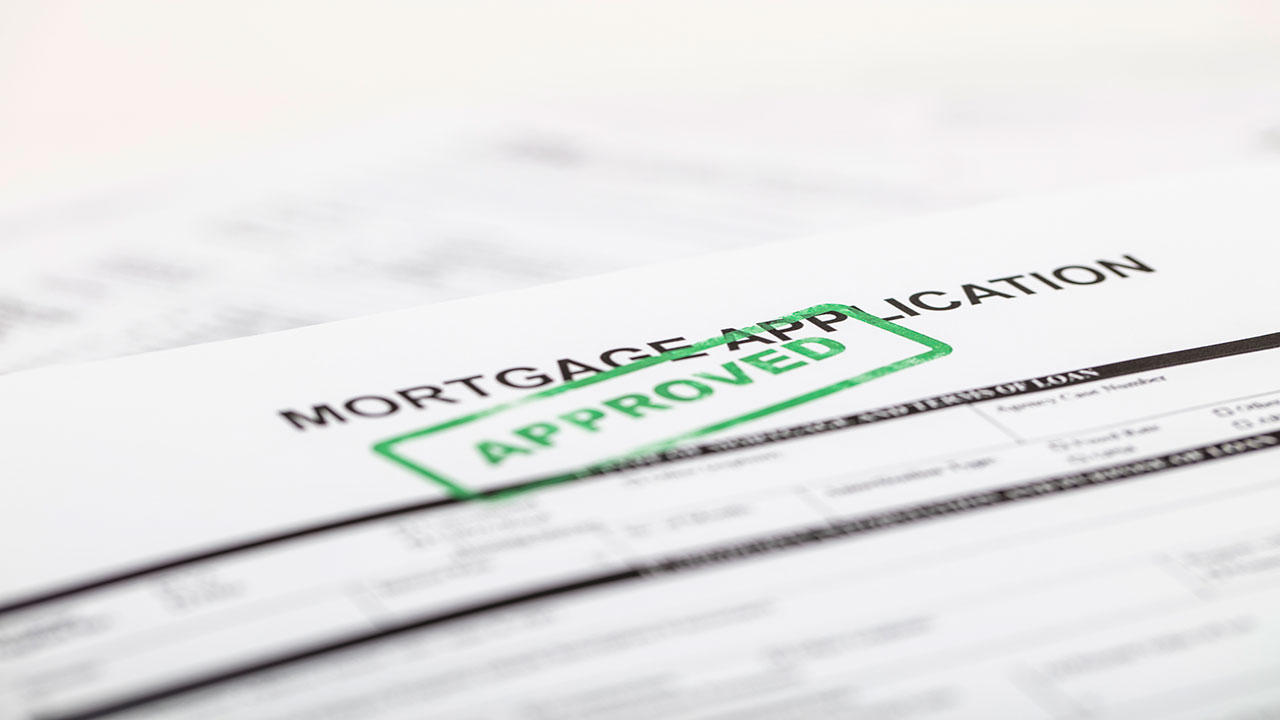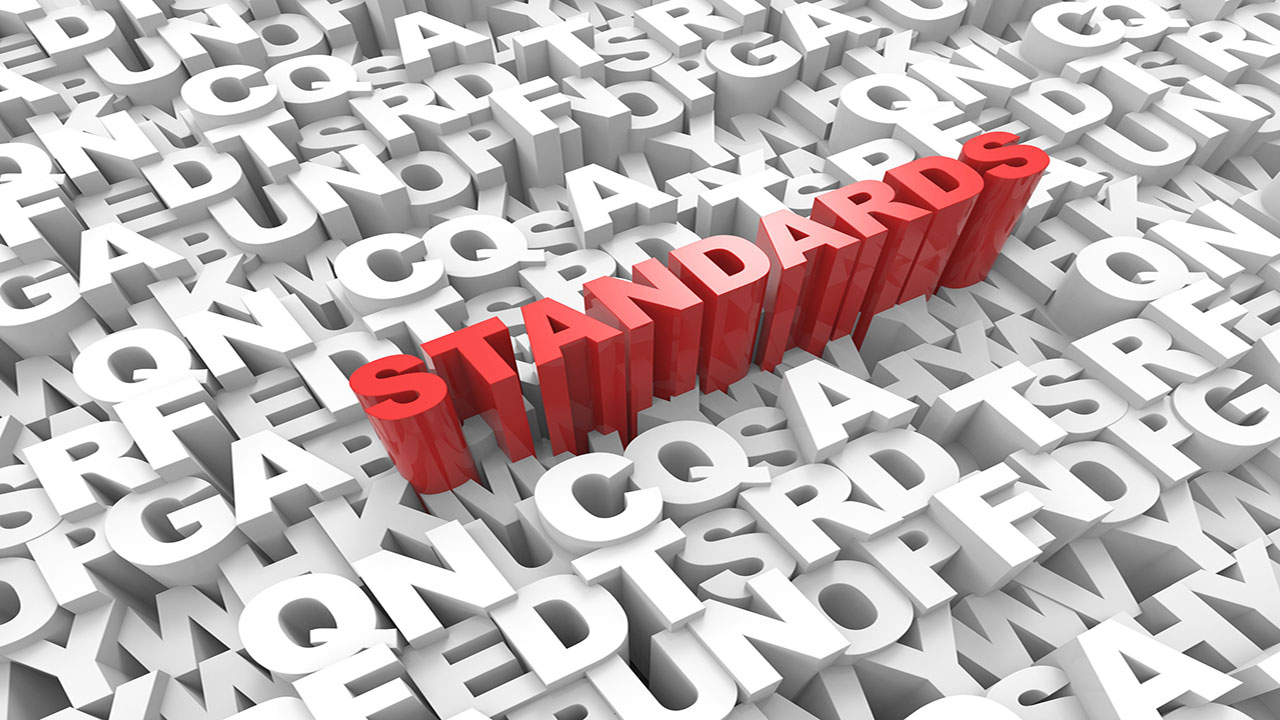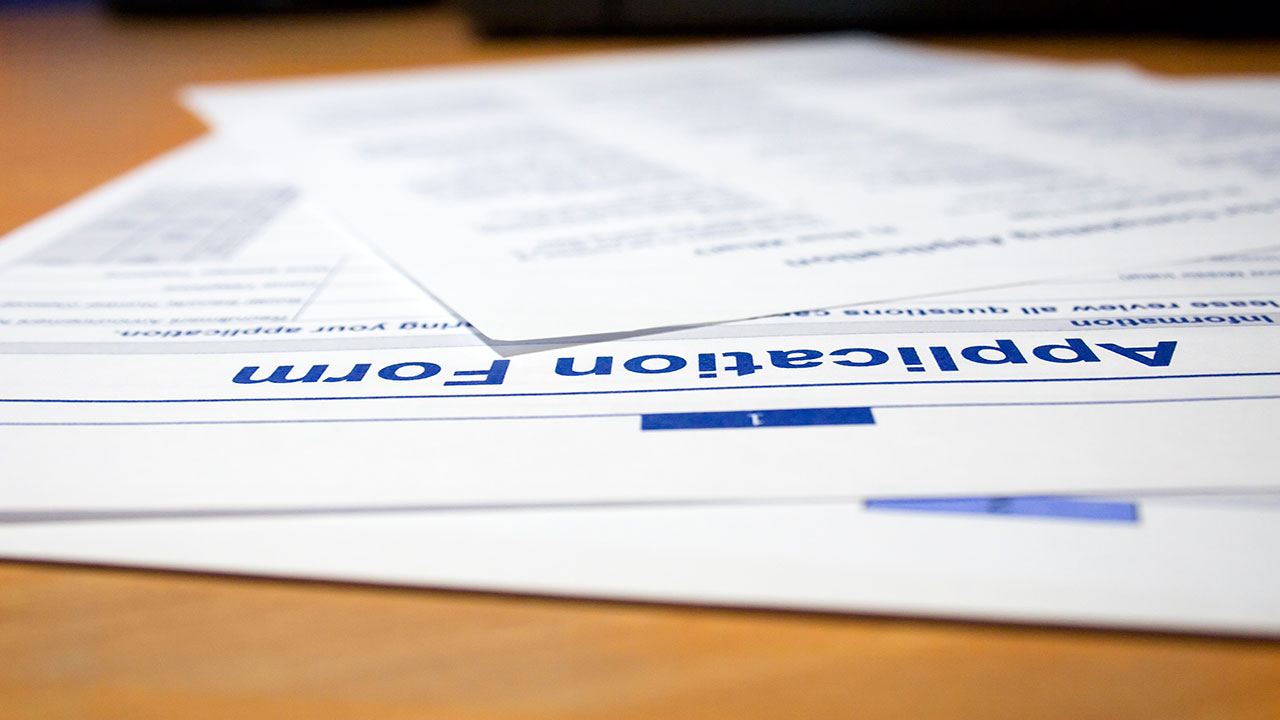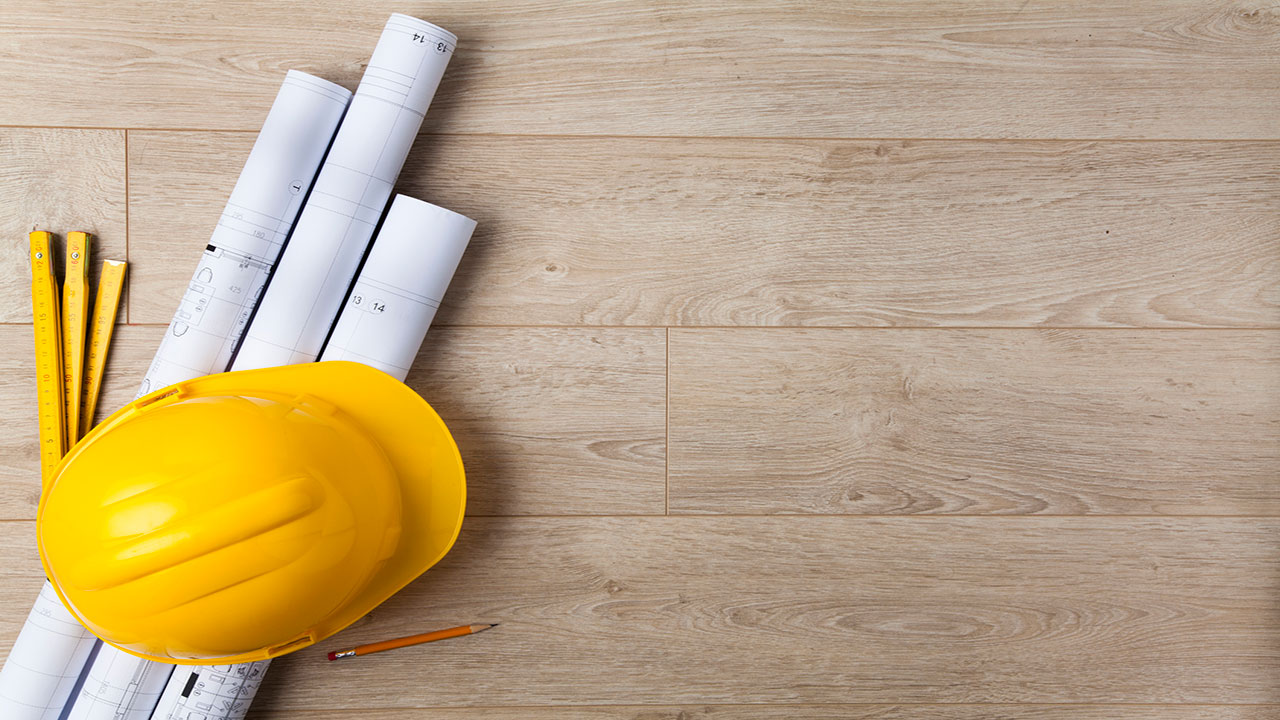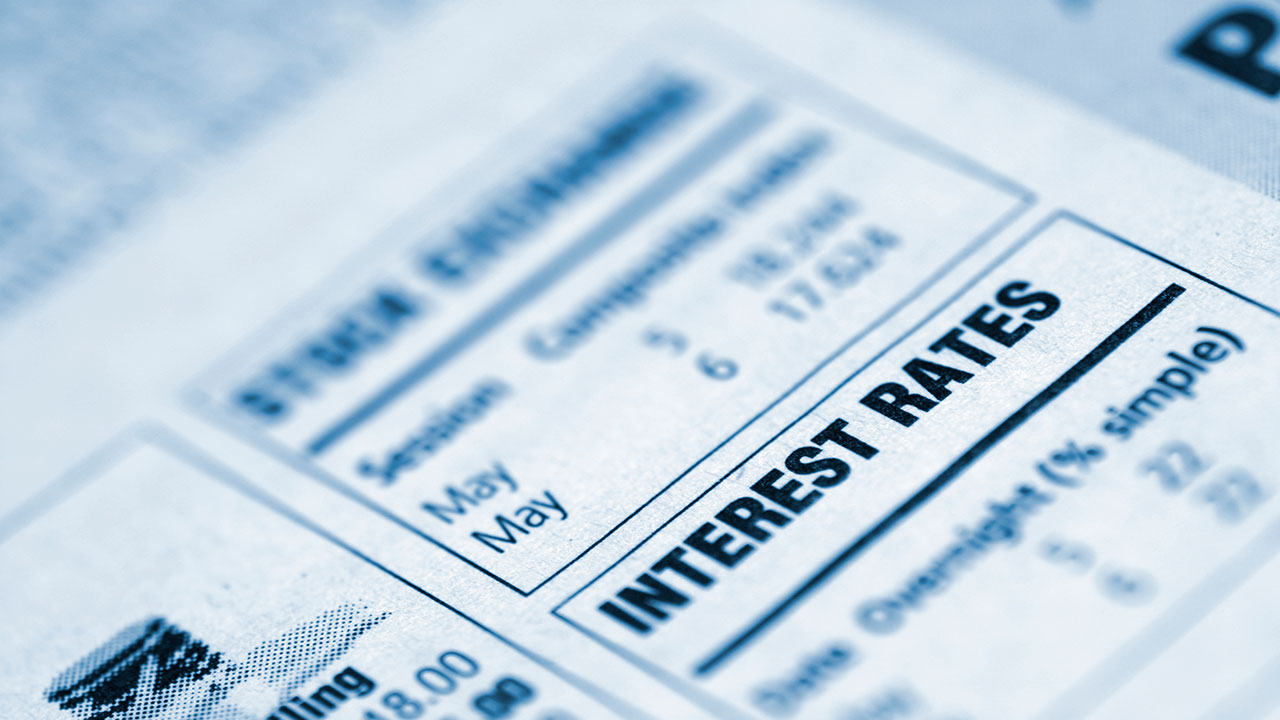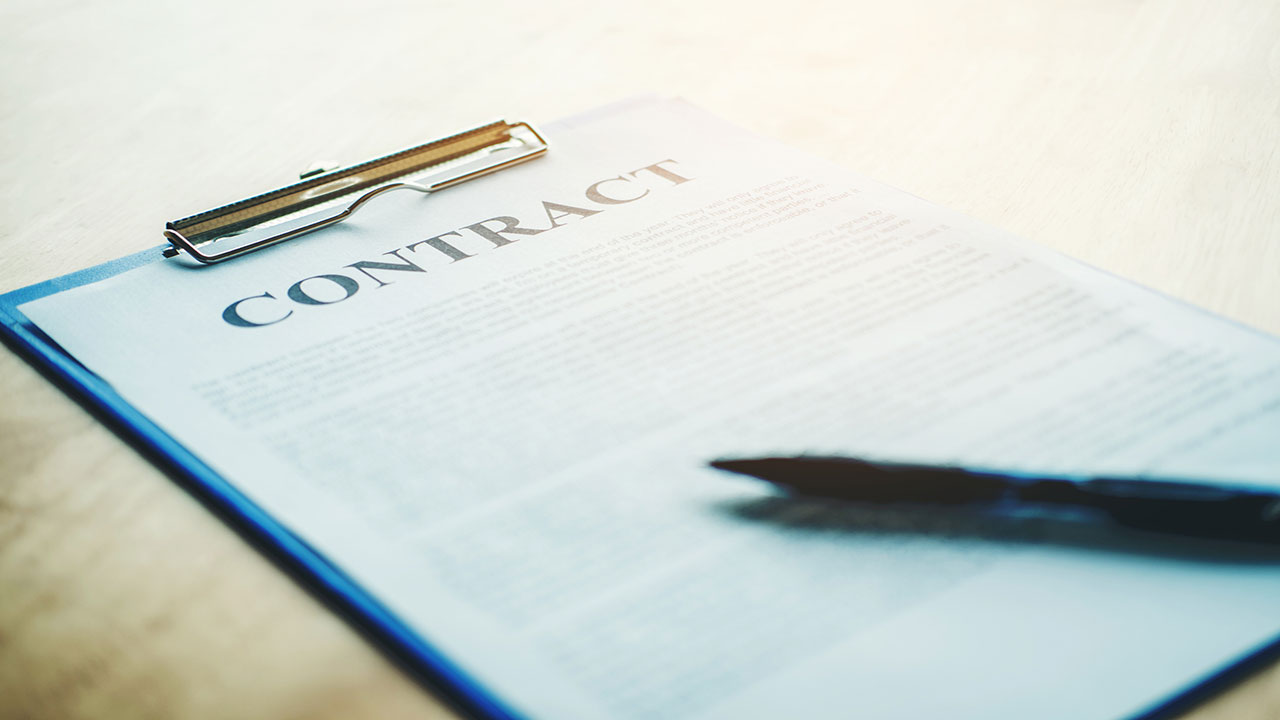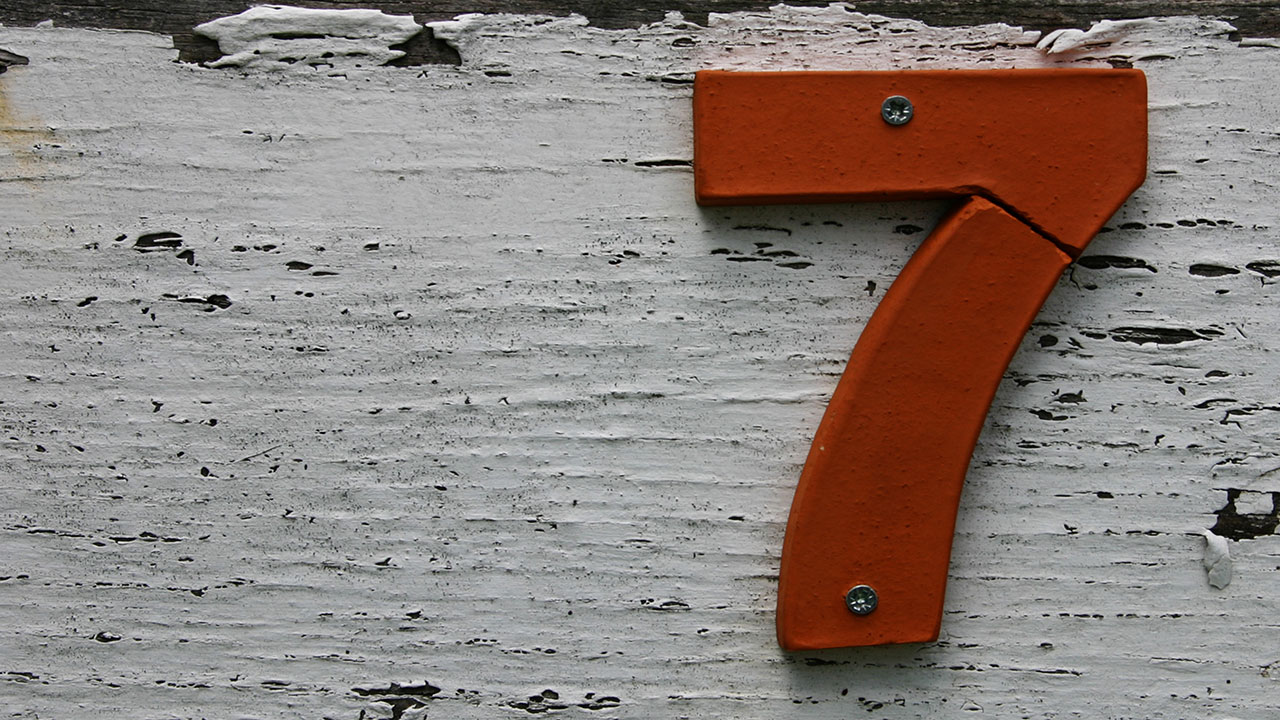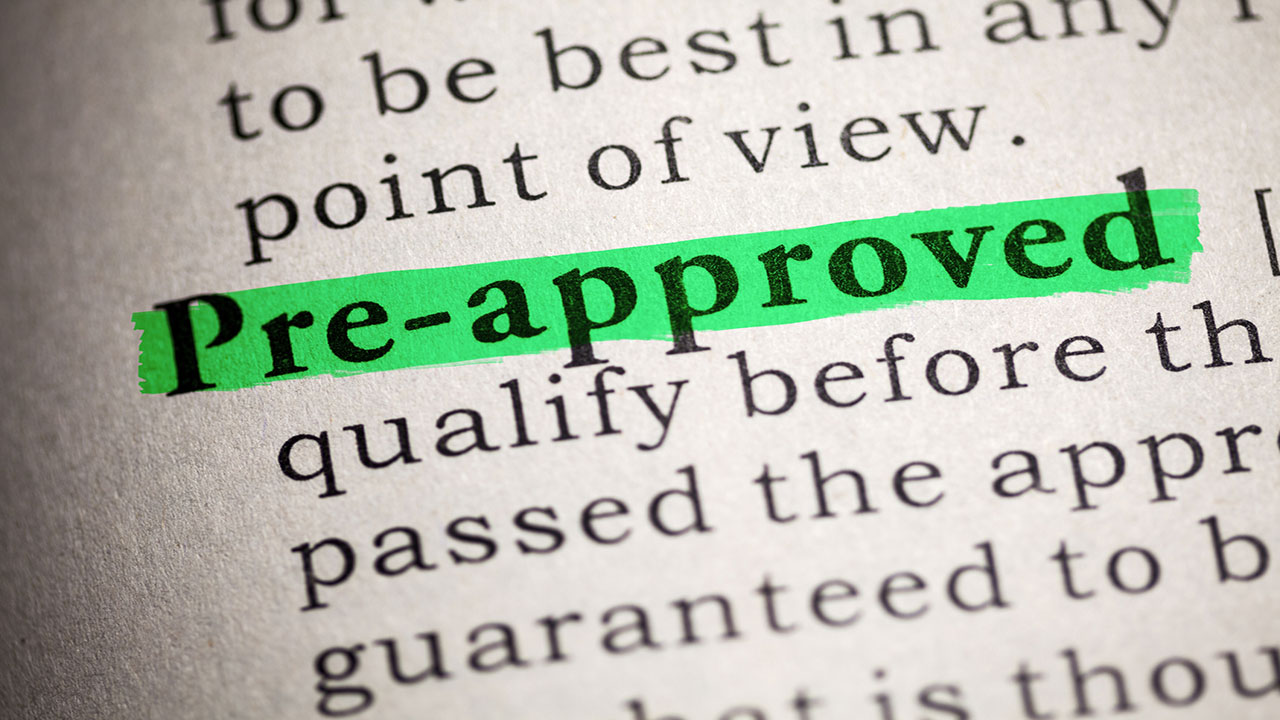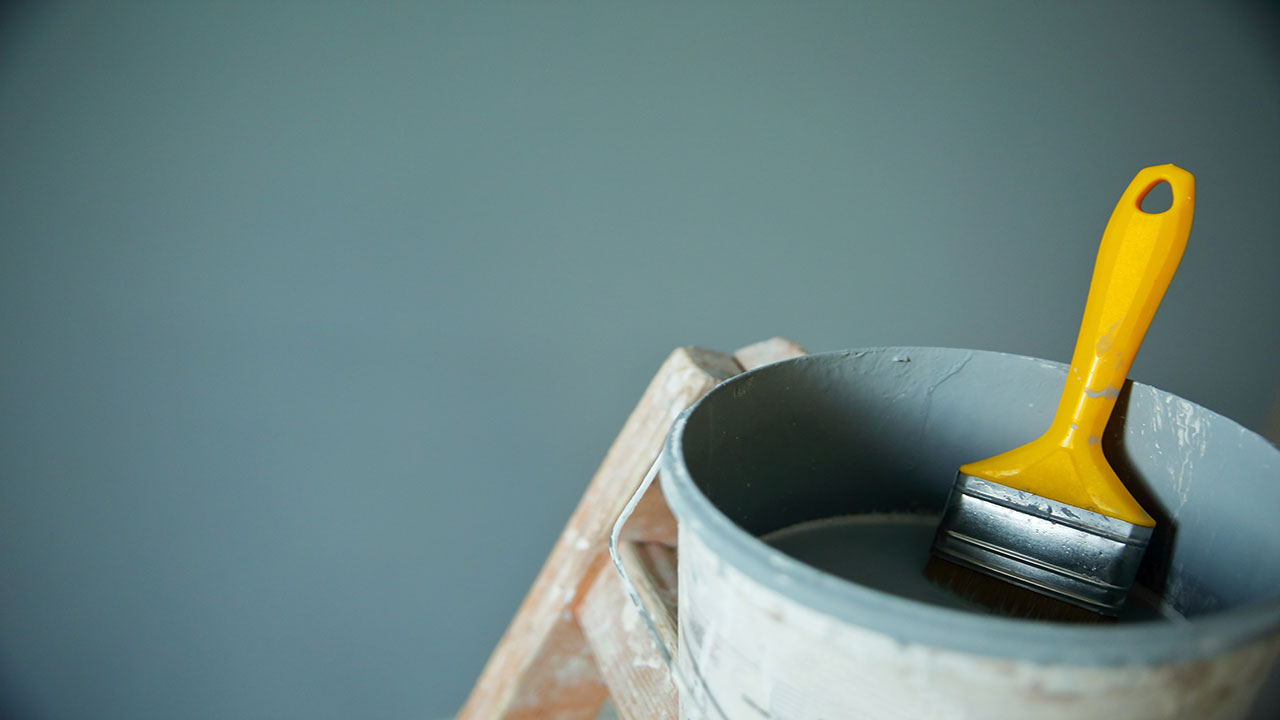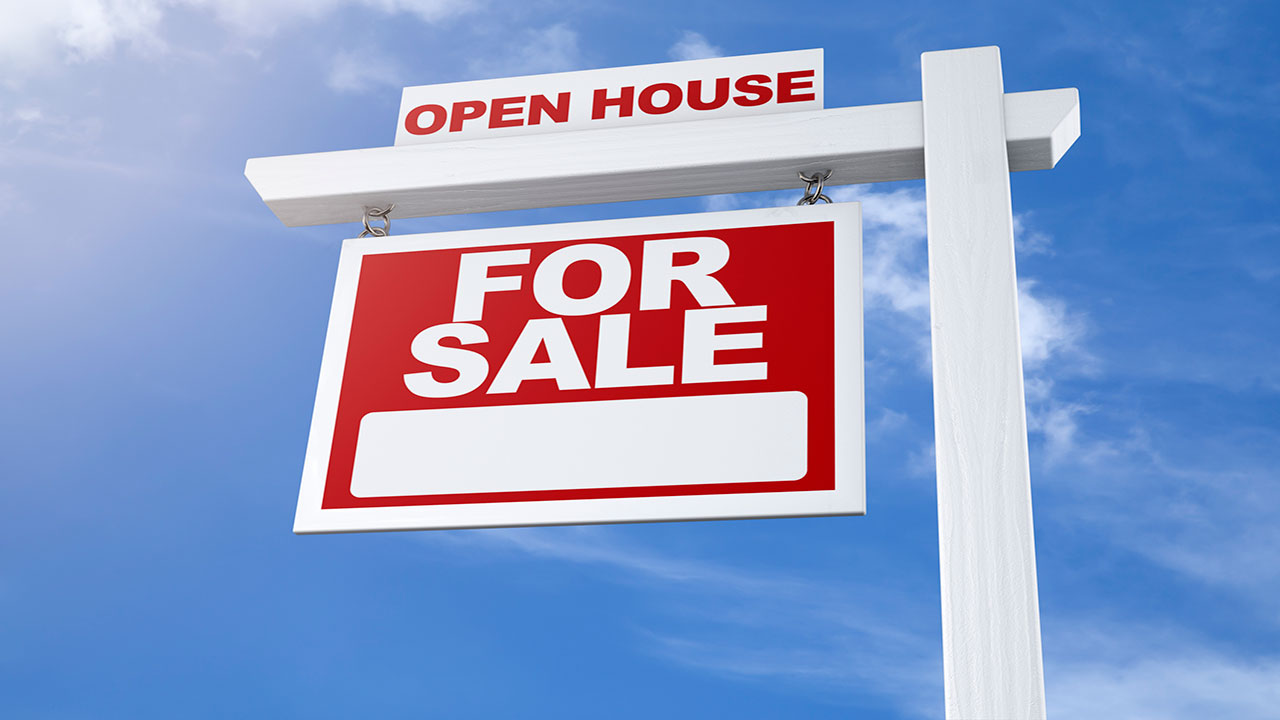7 Things to Know About Being a Landlord

Becoming a landlord can be a great way to earn an income and build wealth over time, especially if you’ve chosen the right properties and filled them with the right tenants.
But it’s not just a set-it-and-forget-it type of business endeavor. There’s quite a bit of a commitment to make, so it’s important that you understand all the ins and outs of being a landlord before you jump in with both feet.
Here are some important things any real investor should know before becoming a landlord.
1. It’s a Big Commitment

Both in time and finances, being a landlord requires a big commitment on your part. You likely will be spending money well past the finalization of the purchase of the property. And you’ll certainly need to make yourself available to deal with ongoing maintenance and issues that might come up along the way.
Being a landlord is a business endeavor, not a pastime that you take up like knitting or coin collecting. It’s a serious endeavor that needs to take priority in order for it to work. And that requires both time and money.
If you don’t think you’ll have the time to commit to being on site to make repairs, handle regular maintenance, and even collect rent checks, you could consider hiring a property manager to take much of this work off your plate.
Just keep in mind that although this will definitely free up a lot of your time dedicated to the property, it will cost you additional funds. Generally speaking, you can expect to pay approximately 10% of the monthly rent you charge.
2. The Property Needs to Be Ready For Renting
If the property you’re purchasing is resale, make sure that all necessary repairs have been made before your first tenant moves in. Get the place ready for your first tenant so that the odds of getting phone calls regarding issues with the property are minimized.
Do yourself a favor and put together a network of professionals who you may likely need to call at some point along the way, including plumbers, contractors, carpenters, roofers, electricians, and others who may come in handy. That way you’ll have a reliable expert ready on standby in case you encounter an issue along the way, which you likely will.
3. You’ll Need a Financial Cushion to Cover Unforeseen Expenses
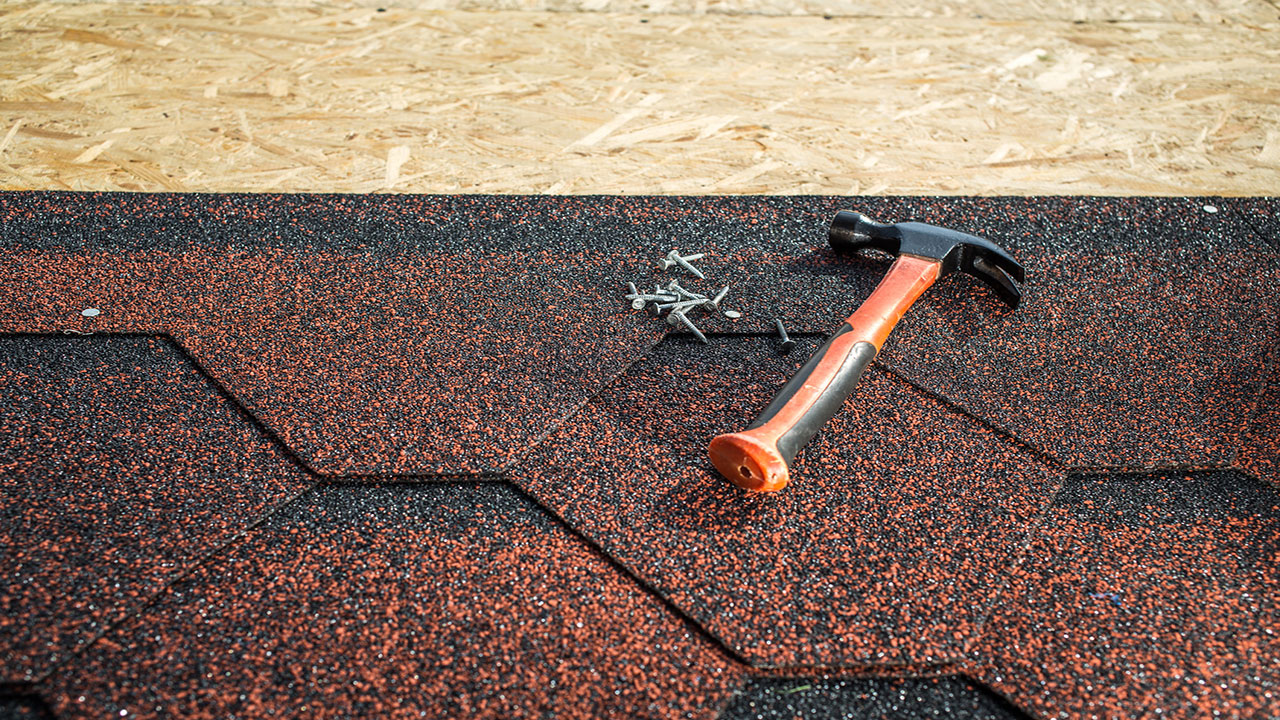
One of the biggest things that you need to prepare for is big expenses that may come as the property ages. While there are repairs and maintenance to have to pay for, more significant issues can creep up once in a while that can really put a dent in your wallet. Large repairs such as new appliances, a new roof, or even a new HVAC system cost a pretty penny.
These types of repairs can happen any time, so it’s important to have the funds readily available in the case such repairs or new installations are required sooner rather than later. Before investing in a rental property, make sure you’ve got the financial means to cover these issues when they arise.
4. You Need to Follow Landlord Regulations in Your Jurisdiction
As a landlord, there are rules that you will need to follow. It’s important that you find out what these are, as your failure to follow them could land you in legal hot water.
For example, how you screen for tenants, draft up leases, charge and collect rent checks, and visit the property must be done according to the regulations in your area. The type of housing you provide must also meet certain codes in order to be considered habitable.
To make sure you know all the rules and follow them, get in touch with your local landlord-tenant board or meet with a lawyer who specializes in these areas.
5. The Right Property Matters

It’s crucial to carefully consider the type of property you purchase with the intention of renting out. Ideally, you want to buy a property that is attractive to renters and will allow you to charge enough rent to adequately cover all of your expenses, and then some.
When it comes to real estate, location is among the more important factors to consider. Tenants are more willing to paying bigger dollars for a property in a more desirable location. Just make sure the numbers add up in terms of purchase price versus what you’ll be able to collect in rent, as super-high prices could leave you barely breaking even in cash flow.
6. Screening Potential Tenants is Crucial
As important as your property choice is, so is your selection of tenants. The right tenant can make renting real estate a breeze, but a bad tenant can turn it into an absolute nightmare.
There are always stories about landlords dealing with horrible tenants. Whether they destroy the property, are a nuisance to neighbors, or don’t pay on time, bad tenants can turn a money-making rental opportunity into a disastrous money pit. That’s why it’s so important to thoroughly screen all rental applicants before bringing one on board.
While you certainly have to follow the rules in your jurisdiction about how to screen for tenants in order to avoid being guilty of some form of discrimination, you definitely have the right to ask a number of questions and even conduct background checks in order to make sure you’re choosing the best tenant.
To protect yourself, be sure to conduct a credit check and ask for references from previous landlords and employers.
7. You Need the Right Insurance Policy
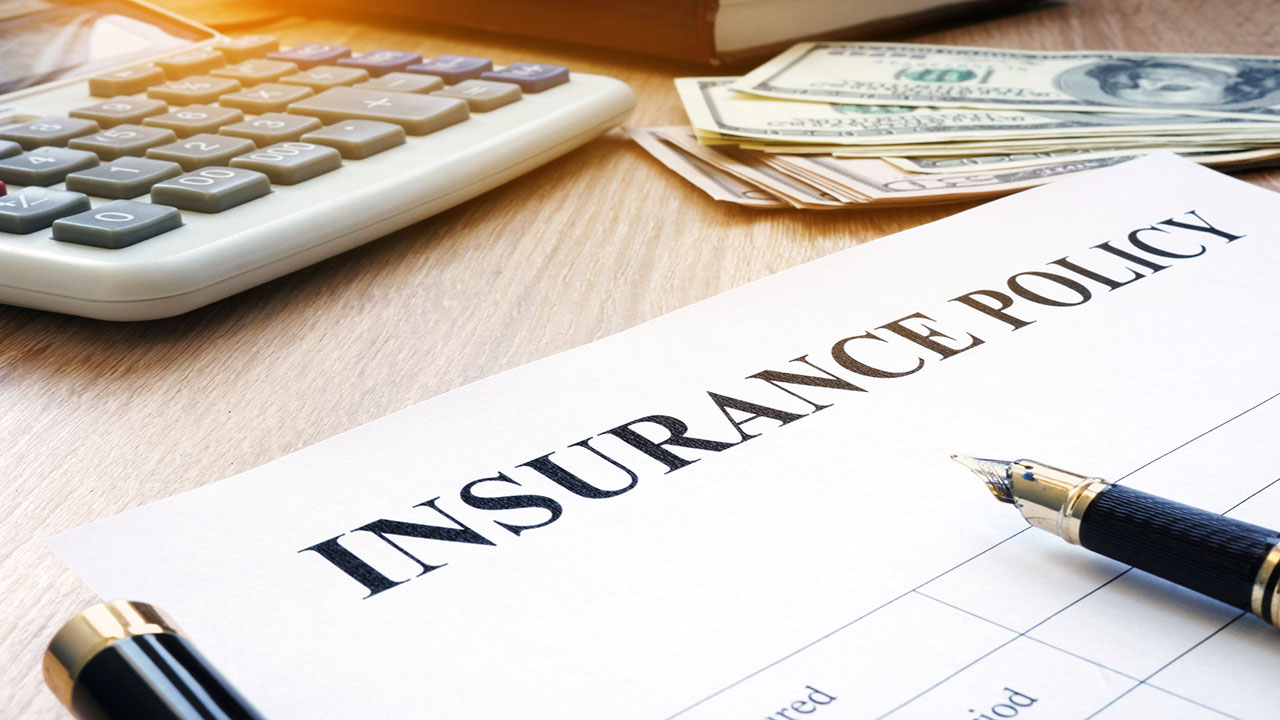
Every piece of real estate needs some form of property insurance in case the unthinkable happens. And when it comes to rental properties, insurance policies are an absolute must. If you’re renting out a unit that you don’t live in, you will need additional insurance aside from whatever you have with your own primary residence. Speak with an insurance advisor to help you get the appropriate type of protection required.
It’s also important that your tenants understand that your insurance policy doesn’t cover their belongings. Should anything happen to the property and subsequently their personal possessions, your insurance policy won’t cover them. Although it’s not legally required for tenants to have insurance, they should know that your policy won’t offer them coverage. As such, it’s a good idea for them to get their own insurance policy.
The Bottom Line
If you want to set yourself up for success as a landlord, going in it well prepared and fully educated is crucial. Make the effort to get familiar with your time and financial obligations, the laws in your area regarding landlord-tenant relationships, and work with a real estate agent who can help you find the right property to rent out.




